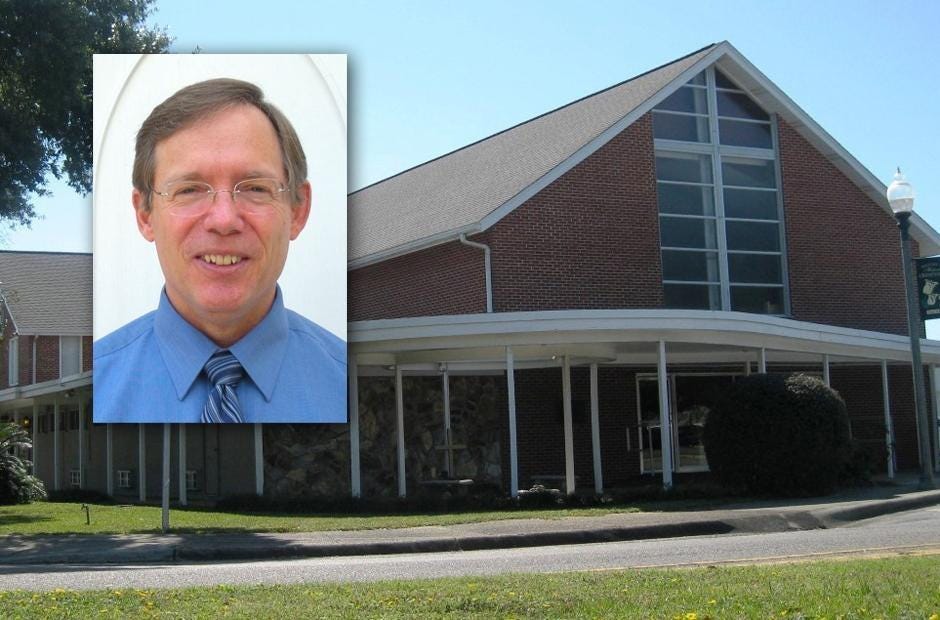![The Rev. Mark Broadhead is pastor at Laurel Hill Presbyterian Church and First Presbyterian Church of Crestview. [FILE PHOTOS | NEWS BULLETIN]](http://127.0.0.1/wordpress/wp-content/uploads/2022/01/ghows-DA-6bef0d55-0152-051d-e053-0100007fad9b-2d39a936.jpeg)
What does one do when a trust has been betrayed?
It happens, doesn’t it? A person in a position of authority makes promises to work toward certain goals, only you learn the person never really intended to do so.
A spouse makes a vow to remain faithful on a wedding day. But then for whatever reason, becomes involved with another person or becomes emotionally unattached.
A colleague goes behind your back and does irreparable harm to your reputation or undermines a project on which you have worked diligently.
Such instances are all too real. The reason behind such failures is due to the fact that from the very beginning, humanity broke its relationship with God. By choice, humanity determined that obeying God was merely optional.
And so it is, because God has given us the awesome responsibility and gift of free choice. We can choose to follow or not follow the ways of God. Either way, there are consequences to those choices.
In broad generalities:
•To not follow the principles set forth by God means a person is interested in only his or her own wellbeing.
Pride, selfishness, greed, and the like become the driving force in life. It doesn’t matter how one gets ahead as long as they get ahead. Others are to be used as stepping stones.
•To follow God’s ways means a person has a desire to please God in all aspects of life.
This means looking out for the well-being of others, saying and doing the right thing even if it is uncomfortable or painful. It means recognizing others are just as important as yourself, and that your word is your bond.
So how does a follower of God’s ways respond when a trust is broken? By all means address the issue. If the matter is fixable, work on it. It will take time – and sometimes a very long time with very hard work – to attain reconciliation.
If the matter is egregious and the relationship is not reconcilable, you can forgive the person. But remember that does not mean you condone what was done. Nor does it mean you have to subject yourself to such behaviors in the future. It means you let go of the burden of the matter and move on.
Don’t hold on to grudges. Don’t seek revenge. Just as Jesus forgave those who nailed him to a cross, so can we forgive those who betray a trust.
Why would we do that? Because it is the right thing to do.
The Rev. Mark Broadhead is pastor at Laurel Hill Presbyterian Church and First Presbyterian Church of Crestview.

This article originally appeared on Crestview News Bulletin: We all have the gift of free choice
